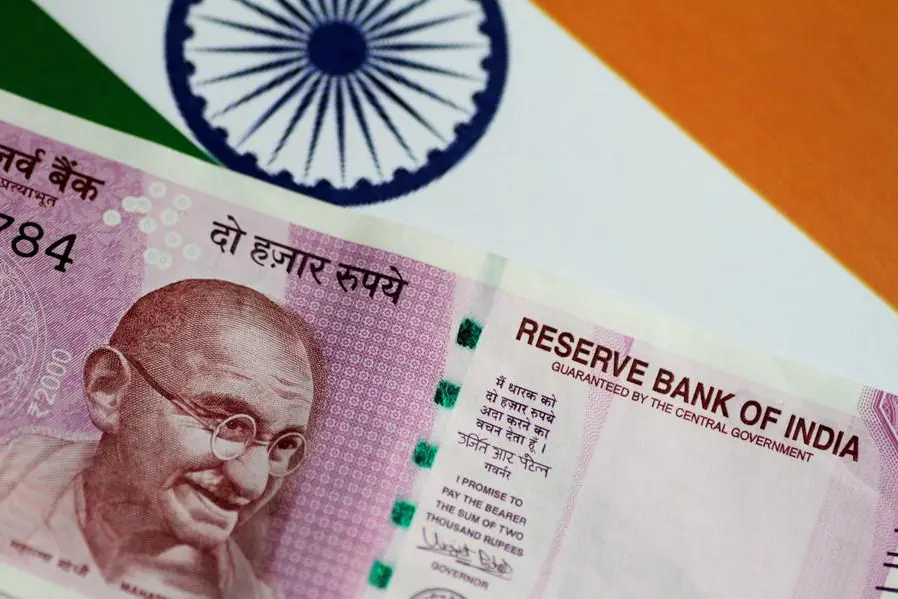PHOTO
Indian debt is expensive compared to peers in other markets, a senior portfolio manager at Pictet Asset Management said, as she waits for clarity on interest rate cuts before adding more positions despite an "overweight" rating on Indian securities.
Pictet, one of Europe's largest fund managers, manages debt worth around $2.67 billion in its local currency emerging market fund. India is one of its top investment regions within Asia.
"Even though we have an outright overweight, India overall is quite expensive," said Sabrina Jacobs, senior client portfolio manager of Pictet's emerging market fixed income.
India's 10-year benchmark bond yield is around 6.97%, while the 10-year U.S. yield is around 4.22%, with spreads sharply below the historical average of around 450-500 basis points.
Compared to that, benchmark yields for Brazil was around 12%, Mexico around 10%, Indonesia at 7.20% and South Africa at 9.85% respectively.
Jacobs said while she has reduced holdings in Brazil and Mexico and increased investments in India so far, a rate cut by the Reserve Bank of India would "be an impulse to add to position."
"At the moment that is not the case, as inflation is sticky and food inflation has seen some upside pressure."
The RBI has not cut rates in more than a year.
An outright overweight rating reflects the fund's decision to go long on Indian government bonds, against their earlier call to go long on government bonds but balancing that out with a short position on overnight index swaps.
Jacobs said that standing changed around March amid strong fundamentals and an improving macro backdrop, along with a global
index inclusion
.
"Bonds are expensive, as the spread over US Treasury yields has come down sharply and it is not great anymore," said Jacobs.
Jacobs also finds the spread between the benchmark yield and the RBI's policy rate unappealing, adding that any strength in the dollar, higher oil prices and U.S. presidential election due in November could be major risks.
"India may not be directly impacted, but we could see indirect impact if inflation accelerates and Fed delays its rate cutting cycle, with an outside chance of a hike." (Reporting by Dharamraj Dhutia; Editing by Nivedita Bhattacharjee)





















